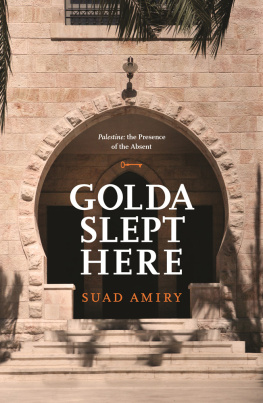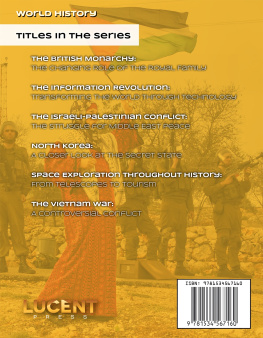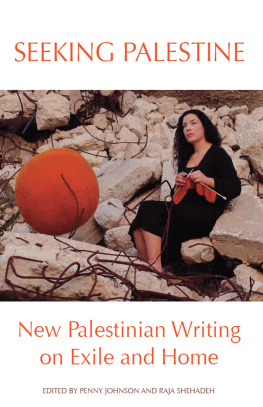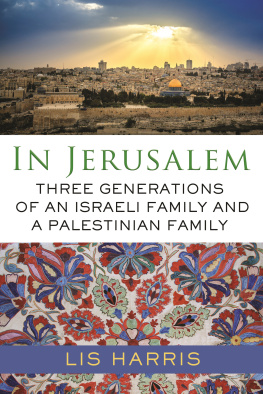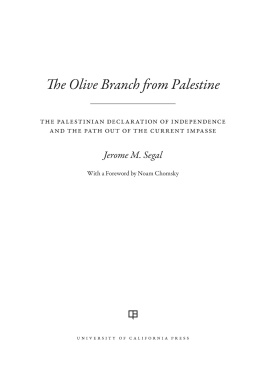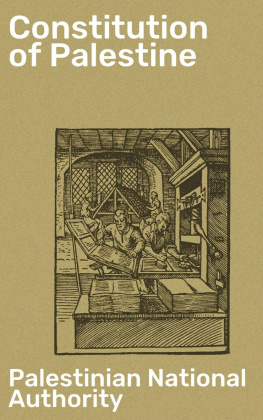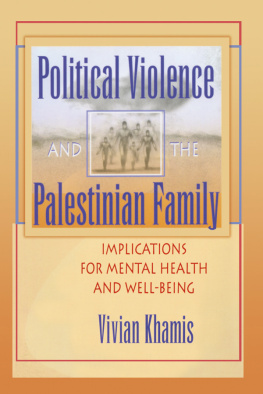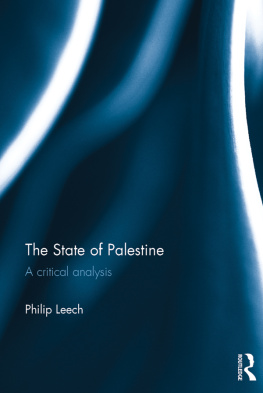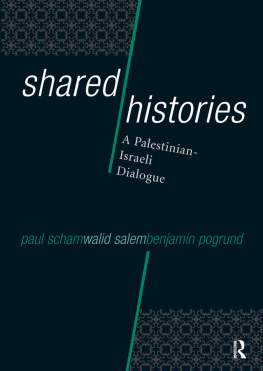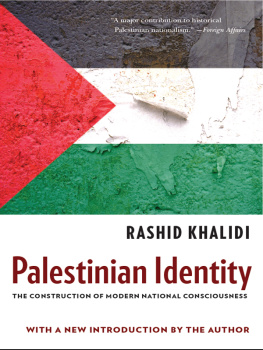Since I became a writer accidentally some ten years ago, I obviously never knew what writers block was all about until it hit me in 2009 and kept me company for two long years. And it only let go of me at the end of 2011 when Golda took command of me, and my writing.
And who in their right mind dares say no to Golda?
Born a hakawati , a storyteller, rather than a skilful writer, until writers block hit me I almost always managed, rather easily, to allow the story within me to come out and scribble itself on a piece of paper or on the screen of my PC.
The writers block meant, amongst many other things, an interruption of my so far two-year publishing cycle: Sharon and My Mother-in-Law (2003), Se Questa E Vita (2005), Neinte Sesso in Citta (2007), and Murad Murad (2009), hence the skipping of a book in 2011.
One thing I share with most, if not all, authors is egocentricity; I expected my readers and my publisher(s) to bombard me with emails asking: Where are you Suad? We are anxiously waiting for a new book from you. But of course none of that happened and as a result I even got more depressed. But that also made me aware that the very best way to have a writer overcome her or his writing block is by ignoring the block but never the writer. And that is exactly what professional Alberto Rollo (from Feltrinelli) and Maria Nadotti did during those two years: they gave me the attention that I obviously needed and delicately expressed their love and attention, without ever coming close to the sensitive question that all writers under block fear most... Thank you dear Alberto, thank you dear Maria and thank you Giovanna Silvia for always being there. Needless to say that Feltrinelli long ago acquired the status of a family for me.
First and foremost a very especial thanks goes to Alex Barmaki, my English editor. The impeccable English of Oxford graduate Palestinian Alex, and his valuable remarks enriched the manuscript beyond recognition. Thank you, Alex, for reading and re-reading and re-re-reading the manuscript. Living with Golda for so many months was certainly beyond the call of duty. No writer loves his or her editor but I certainly do.
And before I forget I need to thank Salim Tamari. In spite of him being my husband, his comments (on my writing) have always been instrumental: thank you Salim for also putting up with my constant nagging especially during the nerve-breaking time waiting to hear from my publishers.
Diala Khasawnih, my niece, thank you for always expressing a desire to read my manuscripts. Thank you for your valuable comments whose weight became obvious when my publisher seconded them! I also thank my sisters Arwa and Anan who promptly replied to my numerous inquiries about our familys life in Jerusalem before I was born.
A special thanks goes to my closest three women friends for their support and inspirational words: to Marisa Savoia who encouraged me when the first draft of this book needed additional work: Suad imperfection make us grow. Luisa Morgantini: Suad you sit-down and write and I do the cooking... Oh how I wished it were the other way round. And Leila Chahid who once wrote me: Virginia Woolf, how is your writing going? Please give it attention: you are gifted and that is a blessing from God, particularly at our age! Thank you, Leila, but I could have done without the age reference!
So as not to make this acknowledgement much longer I hereby thank: Nadia Saa for suggesting the title of this book, to Lana Judeh, Hiafa Barmaki, Tania Tamari-Nasser, Noel Saleh, Zuleikha Aburisha, Alma Khasawnih, Saqer Abu Fakher, and Riwaq. A very special thanks goes to Mireille Safa, Beppe Chierici, and all the kind inhabitants of my little Italian village Pesciano/Umbria who provided me with all what a writer dreams of. Last but not least a special thanks goes to the Martin Luther King Public Library in Georgetown, Washington DC, where the bulk of this book was written in
Nothing to Lose But Your Life
Sharon and my Mother-in-Law
Andoni
FOR YEARS MY FATHER stood in solitude across the street from his beloved. And for hours on end he stared west waiting for the sun to rise. Only death could separate them. And it did.
There was hardly a time when I visited Gabi, my close friend and neighbour, that he did not, in one way or another, make a reference to or narrate parts or the whole story of his father and the loss of their home in West Jerusalem. And there was hardly a time when Gabis voice, and tears, did not fail him. This was hard, not only because Gabi, or Dr Baramki as most referred to him, was in a way my boss as the president of Briziet University where I taught, but also because it is often difficult to deal with someones personal traumas, losses and pains when they happen to be yours as well.
Gabi was the eldest son of the renowned architect Andoni Baramki. Perhaps it was the fact that I was an architect myself that encouraged him to tell me the story again and again. Or was it I who kept probing Gabi for more, more and more?
My dear Gabi, now that you have departed from our martial world, all I can say is:
May you rest in peace, knowing that your story will be told and retold as many times as you wanted it to be.
Three weeks after the 1967 war
Baba always kept a promise
But this time he did not
Every time I asked him, why not? He replied:
Whenever Teta Aysheh is ready we shall go
And when I repeatedly begged Teta to get ready she said:
Whenever Farid is ready we shall go
For weeks I was a pendulum between the two
And when I probed Mama to intervene she said indifferently:
Whenever Farid and Mama Aysheh are ready we shall go.
Whenever Baba was smartly dressed I would say:
Now that youre ready why dont we go?
And whenever Teta was elegantly dressed I would beg her:
Teta, didnt you always promise to take me to your house the minute they open East to West?
Teta often kept quiet, then sighed and moaned, Akhhh, ya Teta, akhhh...
THIS WENT ON FOR weeks . Until Uncle Hassan, Babas best friend, showed up early one afternoon to proclaim, Yalla , come on everyone, get ready, we are going to visit your house in West Jerusalem.
Wow, at last! I was in seventh heaven. I jumped up and clapped my hands and ran around the living room twice before disappearing into my bedroom. I slipped into my Eid al-Adha clothes and in no time was all dressed up in my pink and white dress and my Clarks shoes, excited and ready to go.
But when I stepped into the living room, Oh God! Teta and Baba were not yet ready: they were sitting on the pink sofa staring at one another. Uncle Hassan was sitting on the edge of his seat opposite them. Listen to me, Farid, listen to me, Aunt Aysheh: you will never ever be psychologically ready for this visit.
It was the very first time I had heard the expression psychologically ready. However, I have put it to great use and abuse ever since.
Teta and Baba gazed into each others eyes for a long, long time.
Then when Baba looked away, Teta cried.
And I intervened. Teta, didnt you always say it will be the biggest Eid feast when we go back to our house in West Jerusalem? So why are you crying?
Little did I understand.
We were not going back to live in our dream house in West Jerusalem, we were only going to visit it.
And how does one visit ones own house? I did not understand then.
And I do not understand now.
It did not make sense to me then.
And it does not make sense to me now.
And ever since that first visit, nothing around me made sense again.
From East to West
It was Teta who insisted we walk to our house; the distance between our two houses was a thirty or forty minute walk, she claimed.
So when Uncle Hassan suggested we go by car, Teta vehemently objected. Do you have any idea what has become of West Jerusalem in the last nineteen years? It would be much safer if we went on foot.
Next page
